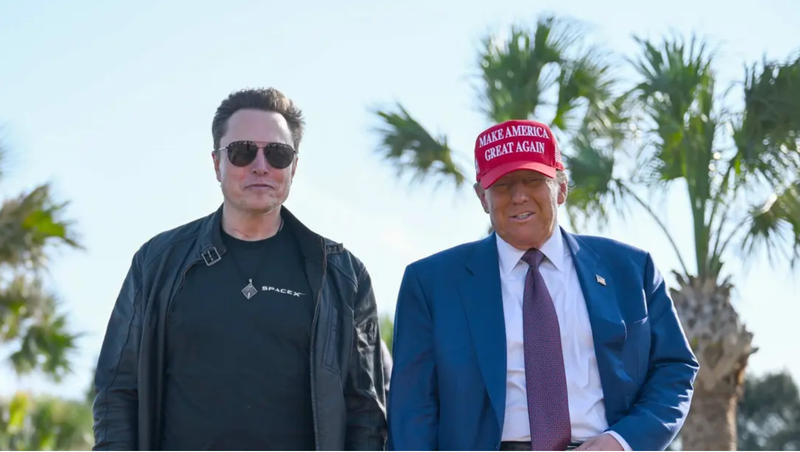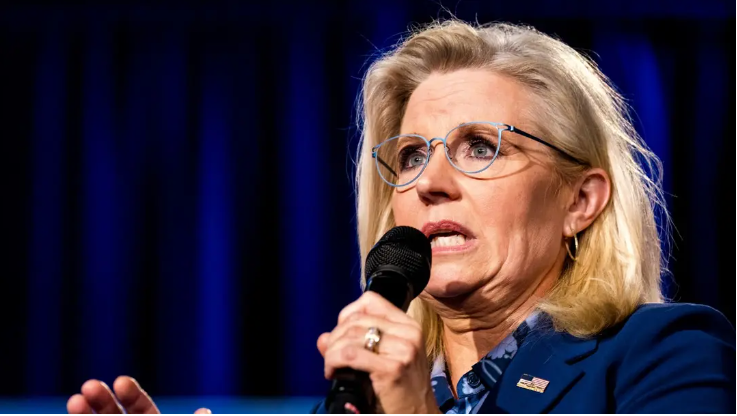Germany's Scholz Holds First Call With Putin in Nearly Two Years
The leaders of Germany and Russia held their first phone call in nearly two years on Friday, both governments confirmed the same day....
Facts
- The leaders of Germany and Russia held their first phone call in nearly two years on Friday, both governments confirmed the same day.[1]
- According to reports, German Chancellor Olaf Scholz and Russian Pres. Vladimir Putin spoke for roughly an hour. A German government spokesperson said Scholz urged Putin 'to show willingness to enter talks with Ukraine with the aim of achieving a just and lasting peace.'[2][3]
- Scholz 'stressed Germany’s unbroken determination to back Ukraine in its defense against Russian aggression for as long as necessary,” the spokesperson added.[3]
- Scholz spoke with Ukrainian Pres. Volodymyr Zelenskyy beforehand, who, according to sources, cautioned the German leader against speaking with Putin, stating this would reduce the Russian leader's isolation. The criticism was repeated by Zelenskyy in his evening address later in the day.[1][2]
- Meanwhile, the Kremlin described the call as 'a detailed and frank exchange of opinions on the situation in Ukraine,' adding that 'the very fact of dialogue is positive.' It added that Putin said any peace agreement must address 'the root causes of the conflict' and 'be based on the new territorial realities.'[1]
- The development came after Germany's coalition government collapsed last week following Scholz's ousting of his finance minister, triggering snap elections that will be held in February.[2]
Sources: [1]BBC News, [2]Guardian and [3]CNN.
Narratives
- Pro-Ukraine narrative, as provided by CNN. Putin has no interest in ending Russia's invasion of Ukraine, he simply wants to end his global isolation. This call opened up Pandora's box and gave Putin exactly what he wanted.
- Pro-establishment narrative, as provided by Reuters. With Germany facing a snap election and Scholz's party facing criticism over its handling of the Russia-Ukraine war, this call was likely intended to placate a domestic audience rather than come to an actual agreement with Putin.







